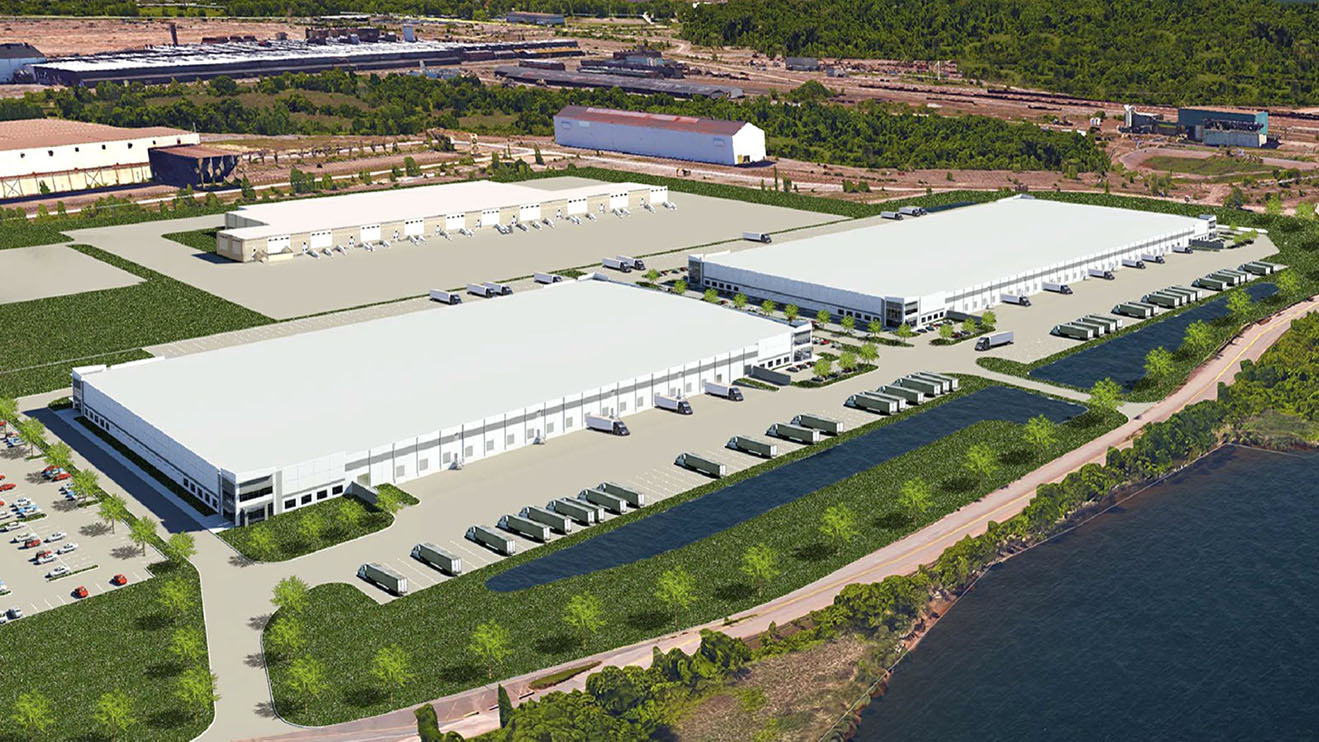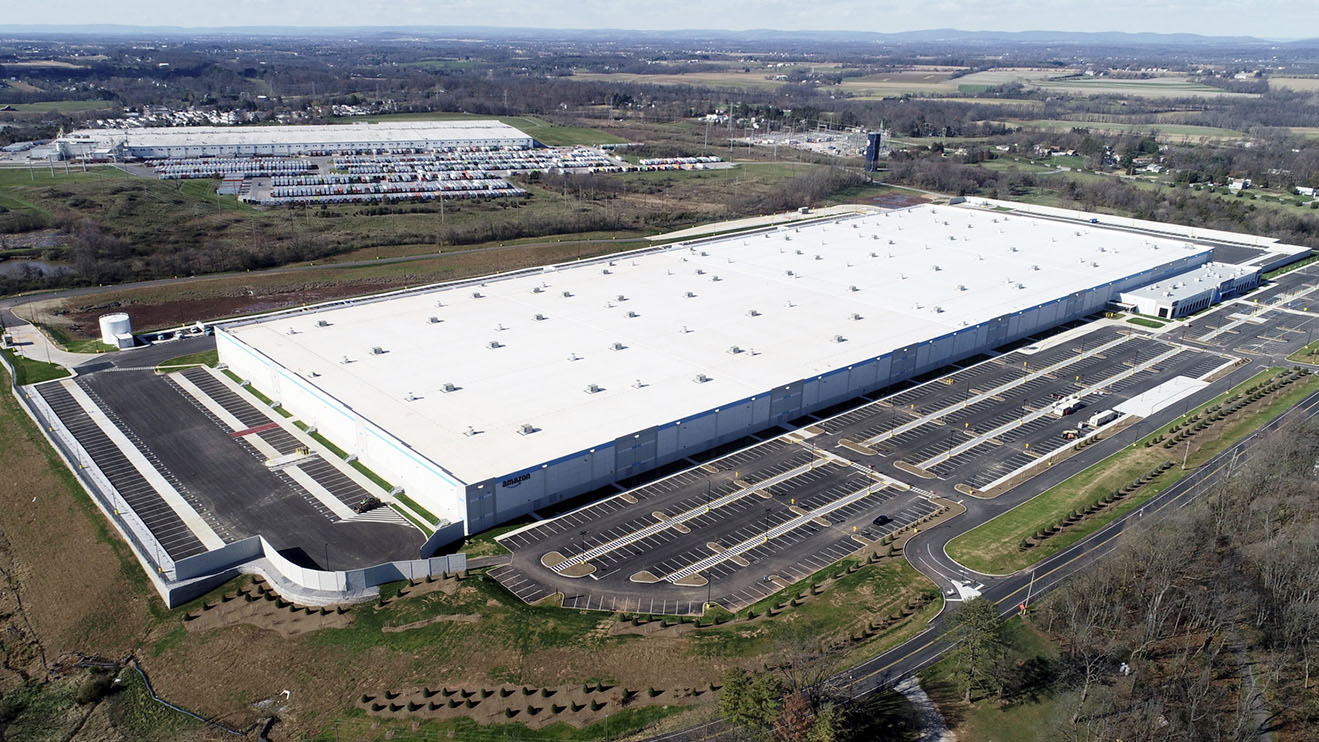Creativity and Collaboration Fuel Complex Airport Expansion
As airline and commercial freight volumes increase at unprecedented levels, so do the number of airport-driven development projects. Palm Beach International Airport (PBI) in West Palm Beach, FL follows the trend. With more vacation tourists and business travelers using the airport, Gulfstream, a global manufacturer and service provider for business aircraft, and its sister company and fixed base operator (FBO) Jet Aviation, set out to expand their existing presence at PBI.
The design-build project led by BRPH Architects and Gray Construction will add nearly 170,000 SF of operations and service facilities, including a 30,000-gallon-capacity Jet Aviation fuel farm. The project will also include a new maintenance, repair, and overhaul (MRO) facility, which will play a key role in Gulfstream’s expansion in the region.
With airport use elevating quickly and the MRO facility strategic to long term goals, the two aviation companies recognized the need to act fast; accelerated timing became a critical goal. But developing on an active airport challenged the project’s schedule in more ways than one.
Airports Never Sleep, Especially This One
To mitigate disturbance to ongoing airport activity, the team considered safety, security, regulatory requirements, and site access in all aspects of project planning, design, construction, and commissioning. Bohler worked with the design-build team to ensure proactive solutions to these unique project constraints and to keep the project moving forward.
One unique consideration was the frequency of visits by President Trump and Air Force One that could delay or halt progress at the site. Bohler worked closely with the contractor and the City to coordinate and reschedule inspections as needed to maintain both project safety and scheduling.
Safety, Security, and Speed Are All Important
While part of one larger organization, the two tenants each had unique functional needs for the space. Knowing that competitive and contradictory needs could put the schedule at risk, the project team conducted a series of collaboration meetings early on to identify and address potential conflicts. This not only helped keep the project on track but also ensured team and resource investments in areas that would drive effective operations for both Jet and Gulfstream.
Even with a coordinated plan designed for speed, the facilities’ evolving complexities and operational, safety, and regulatory requirements presented challenges. The team remained flexible and updates and feedback were incorporated real time as the project progressed.
The design-build project model enabled Bohler to drive front-end site layout and engineering schematics, as well as permitting strategies and timelines, while the overall team contributed building detail and operations requirements to finalize the vision for this multi-faceted facility. With fueling paramount to operations, the team designed an aggressive fire suppression system that uses foam. Bohler assisted with fire line connections to the building, and developed a foam collection drainage system and foam pond to support the design.
Curious Creatures Crash the Groundbreaking
Both the airport’s location and function triggered additional endangered species review, specifically for the endangered burrowing owl. While all ecological studies cleared the site for development, an active nest was spotted the day of the project’s groundbreaking.
The project team immediately worked with local and state regulators to determine next steps to safely relocate the nest and keep construction moving.
Maintaining Momentum
In proactively working with the design-build team to identify potential schedule delays due to ongoing airport activity, competing interests, and even baby owls, Bohler worked with the dynamic project team to identify opportunities to move the project forward.
Gulfstream will soon cut the ribbon on a 115,000-SF MRO facility as they outgrow current on-site operations. Two hundred new jobs are expected as part of the operational expansion.
Jet Aviation will add secondary support services to its existing PBI service center with a new, 40,000-SF hangar, 10,000 SF of tenant office space, and a 30,000-gallon-capacity fuel farm. The sister companies will enjoy roughly 20,000 SF of shared office space and a new customer lounge.
Create Project Momentum
Our approach makes a meaningful difference for our most ambitious clients. Contact us to learn more.
Let's Get Started


